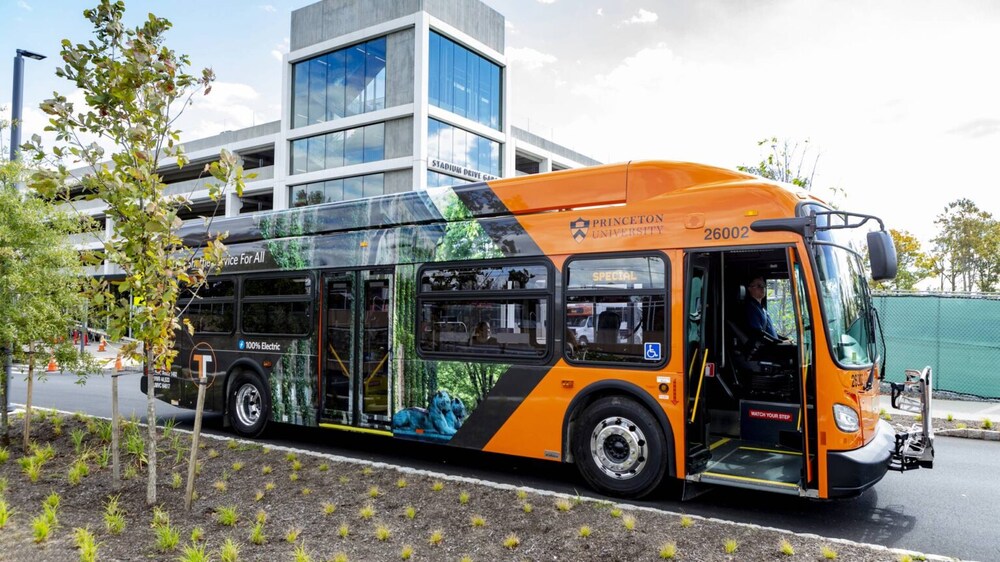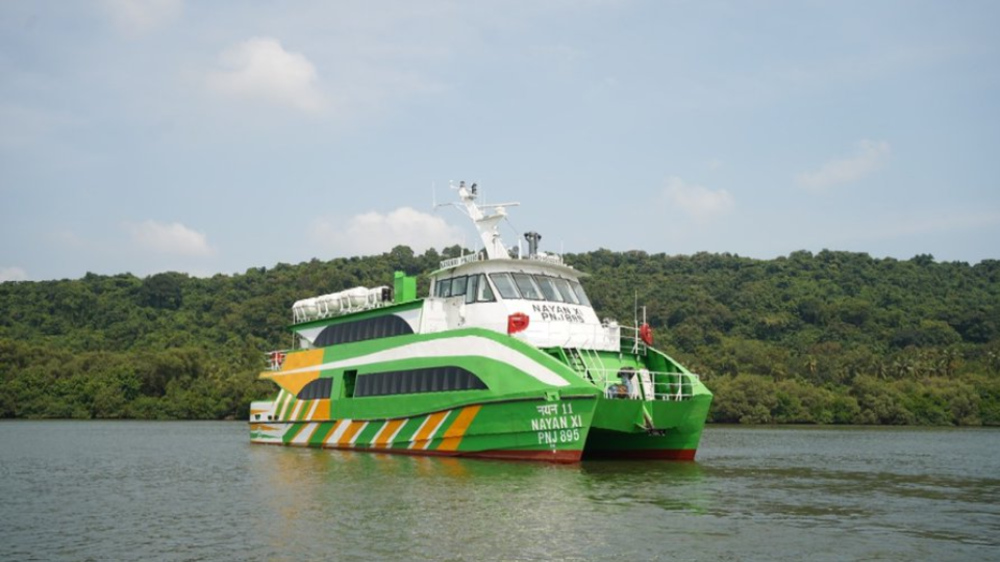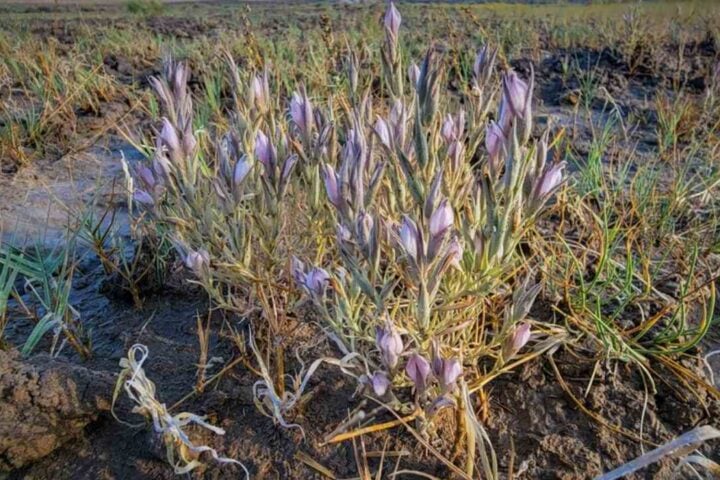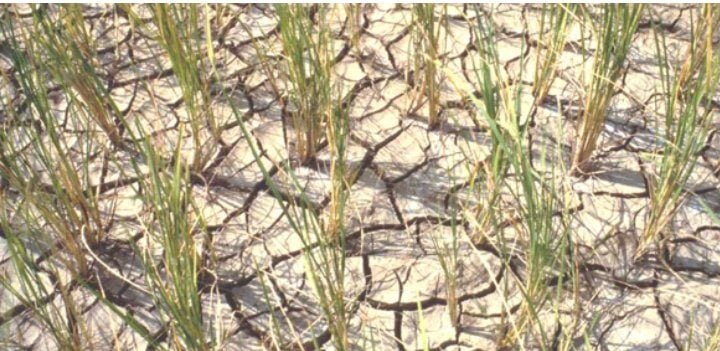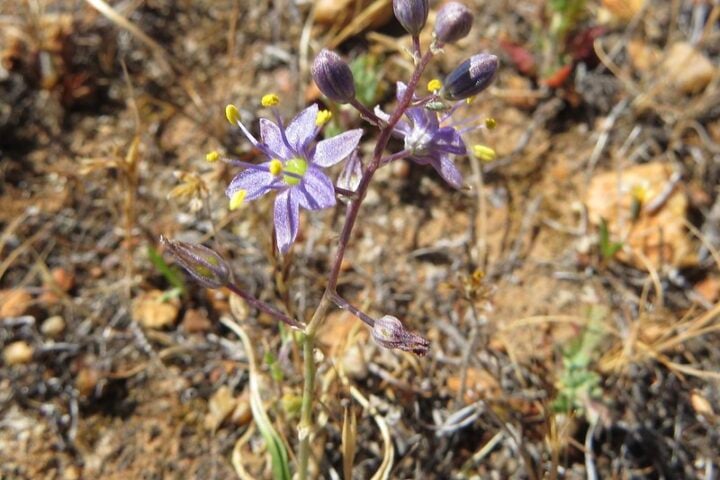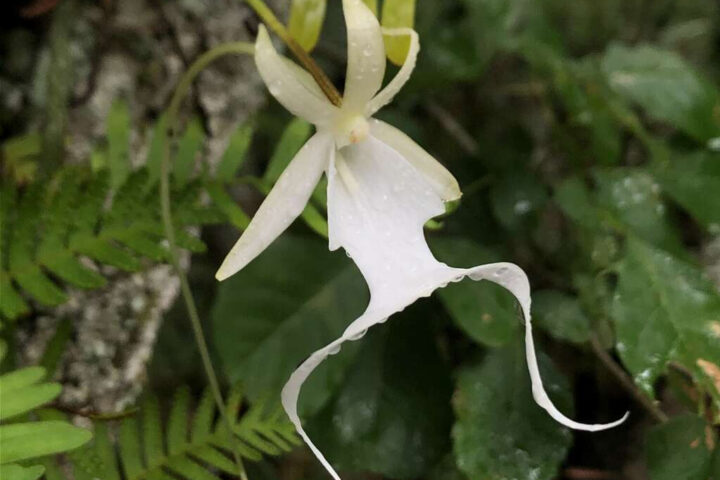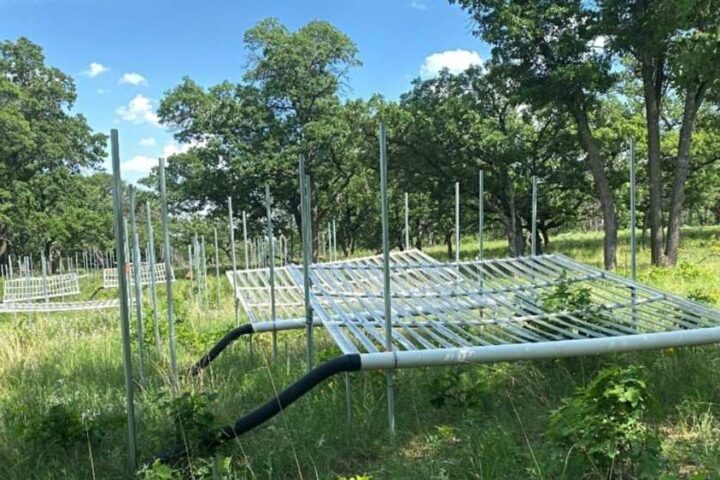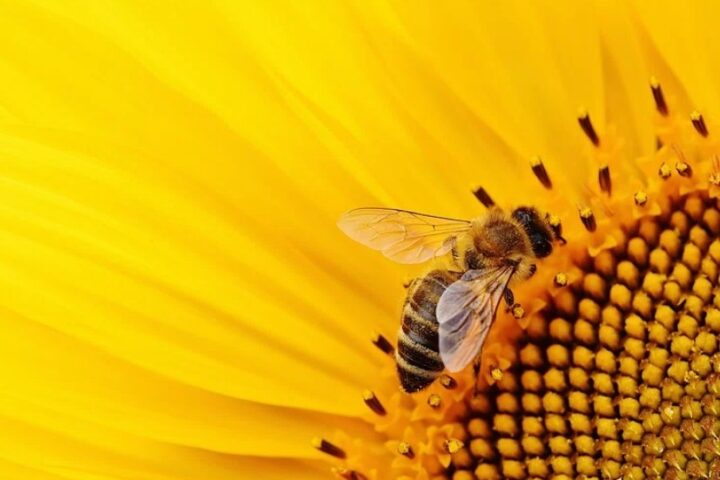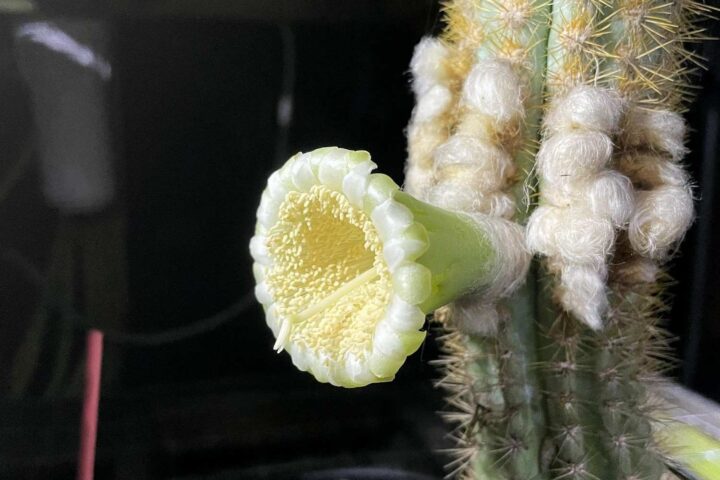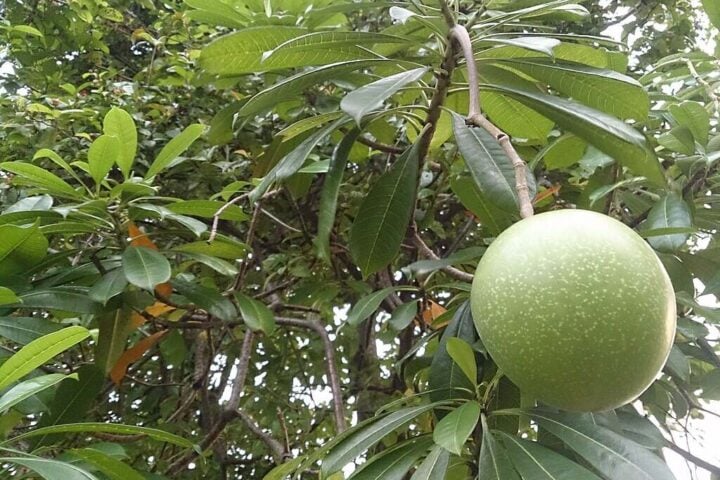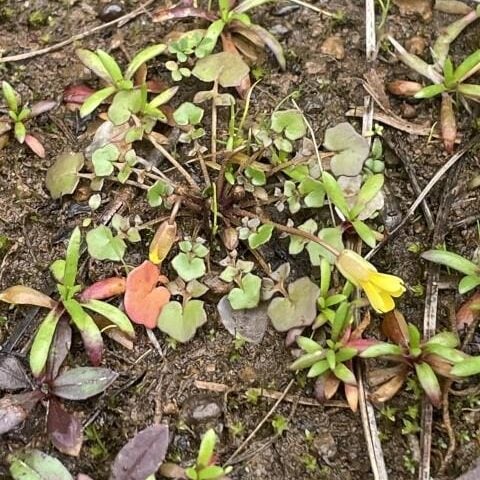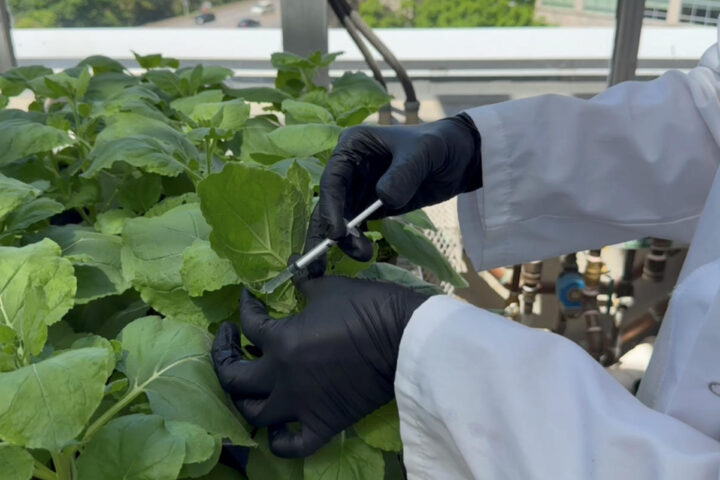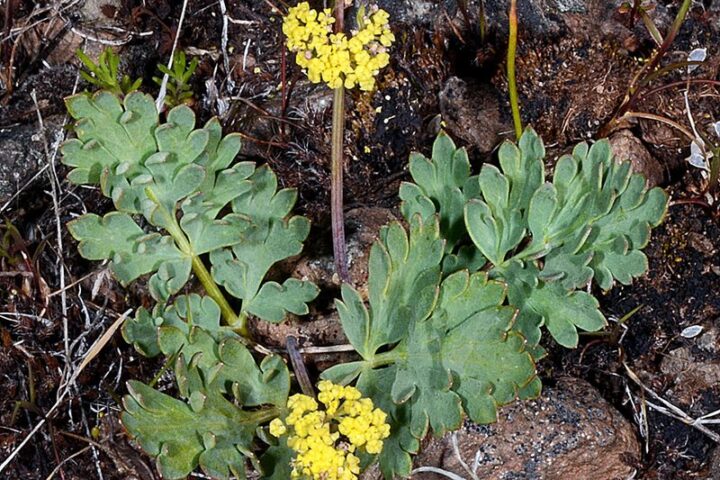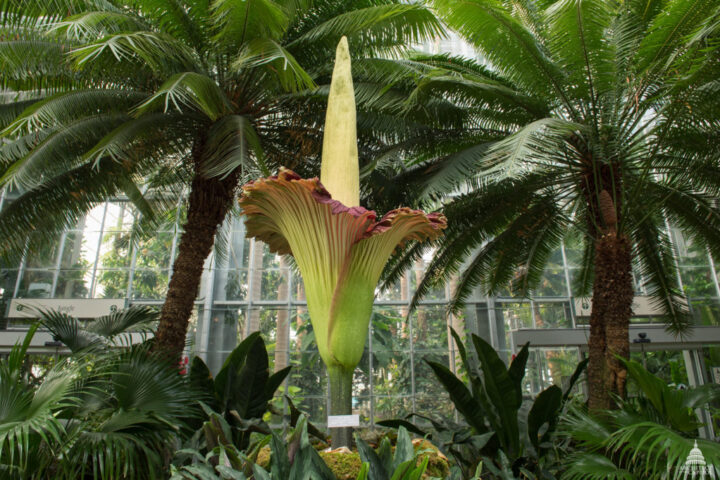As Europe grapples with escalating concerns about air quality, a groundbreaking study conducted by Lorenzo Rosa and his team at the Carnegie Institute for Science sheds light on a potential solution. A recent report by Carnegie Science delineates how Liyin He, Lorenzo Rosa, and Joe Berry used satellites to measure both photosynthetic activity and aerosol pollution in Europe. The research reveals a compelling link between reduced aerosol particles and enhanced air quality, coupled with a remarkable boost in plant health.
The results of the research conducted by Lorenzo Rosa, principal investigator at Carnegie Institute for Science, and his team have been published by the Proceedings of National Academy of Sciences. The findings state that about 64% of Europe shows increased SIF or Solar Induced Fluorescence on weekends when there is more plant available sunlight. The findings, encompassing the correlation between Solar Induced Fluorescence (SIF) and aerosol particle presence, indicate a noteworthy uptick in plant activity during weekends when industrial operations subside.
Similar Posts
Rosa conducted the research with the usage of space-based observation methods. This method, also known as the TROPOMI (Tropospheric Monitoring Instrument), boarded with the Copernicus Sentinel-5 Precursor satellite, gave a clear image of the fluorescence caused by the availability of sunlight to the plants in the European landmass. As the report by Carnegie Science states, such has been possible because one stage of photosynthesis releases fluorescence which can be seen from space and measured by satellites. This fluorescence, once available to the satellite, can give accurate details on how much photosynthetic activity is available. This also helps in the detection of possible reasons behind heightened or reduced photosynthetic activity, therefore keeping a track of the atmospheric and climatic conditions.
The researchers correlated their findings with the presence of aerosol particles through various measurements. These measurements, taken by the Visible Infrared Imaging Radiometer Suite (VIIRS), aboard the joint NASA/NOAA Suomi National Polar Orbiting Partnership and NOAA-20 satellites, brought to light the clear and direct relationships between industrial activity and plant photosynthesis. Based on these findings, Rosa states that many European countries are already facing various issues related to climate change.
The release of aerosol particles in the atmosphere, which has been considered in this research as the primary hurdle to photosynthetic activities, is responsible for scattering or absorbing solar radiation. The heightened aerosol presence in the atmosphere during the weekdays has been found to be directly linked to the lessened rate of photosynthesis. This raises concerns regarding the amount of industrial activity and its direct impacts on the climate specifically in Europe. “Many European ecosystems are already experiencing negative effects from climate change and European countries have set ambitious goals for cutting carbon pollution,” Lorenzo Rosa said.
According to Rosa, this research not only provides an insight into the situation but also a solution. The report states that if weekend levels of photosynthetic activity could be maintained consistently, about 40 to 60 megatons of Carbon could easily be trapped in biological matter. These numbers have also been mentioned by Rosa himself in the abstract of his research published by PNAS. The correct steps taken, it is proposed that further advantages would follow, such as an increase in agricultural land and increased crop production.
Lorenzo Rosa also points out the policy implications available for the European governments. He states that this research shows how improving air quality can help meet climate goals for such governments who are attempting to capture about 500 megatons of Carbon each year and store the same. In the quest for cleaner air and a healthier environment, Rosa’s research not only identifies the problem but also offers a tangible and sustainable solution with far-reaching implications for Europe’s ecological future.

